In today’s digital age, social media platforms like Facebook, Instagram, and Twitter have changed the way we interact and see the world. These platforms are designed to keep us hooked, and understanding why can help us manage our online habits better.
Social media gives us instant gratification. Every time we get a like, share, or comment, our brains release dopamine, the “feel-good” chemical. This makes us want to keep coming back for more. Additionally, social media satisfies our need for social validation. Seeing the number of likes and followers we get can boost our self-esteem, but it can also make us dependent on these virtual affirmations.
The Fear of Missing Out (FOMO) is another big reason we stay glued to our screens. Social media constantly updates us on what others are doing, making us feel like we need to stay connected to avoid missing out on something important. Plus, we often share the best parts of our lives online, creating idealized versions of ourselves. While this can be empowering, it can also lead to unhealthy comparisons and feelings of inadequacy.
Despite these downsides, social media has some great benefits. It connects us with people from all over the world, helping us build communities and support causes we care about. It’s also a powerful tool for spreading information quickly and raising awareness about important issues. In emergencies, social media can even be life-saving. Moreover, it provides access to educational resources and learning opportunities that we might not have otherwise.
However, there are real negatives to heavy social media use. It’s linked to mental health issues like anxiety, depression, and loneliness. These often come from comparing ourselves to others and feeling like we don’t measure up. Social media is also designed to be addictive. Features like infinite scrolling and constant notifications keep us online longer than we intend, affecting our productivity and real-life relationships. The anonymity of the internet can also lead to cyberbullying and harassment, which can be very damaging.
To use social media healthily, try setting limits on your screen time. Being mindful of how much you use social media and taking breaks can help maintain a balance with offline life. Curate your feed to follow positive and diverse accounts to avoid echo chambers. Occasionally, take a digital detox—disconnect from social media for a while to reduce stress and focus on your well-being.
By understanding how social media affects us and making conscious choices, we can enjoy its benefits while protecting our mental health and overall well-being.
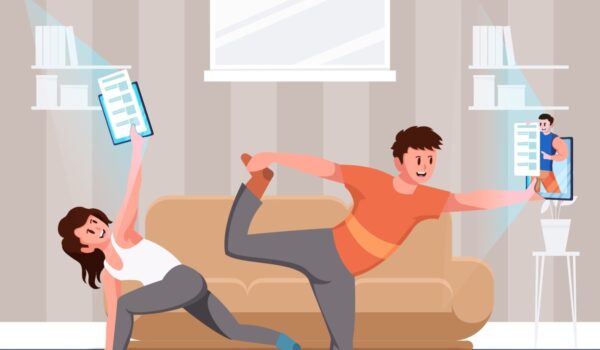
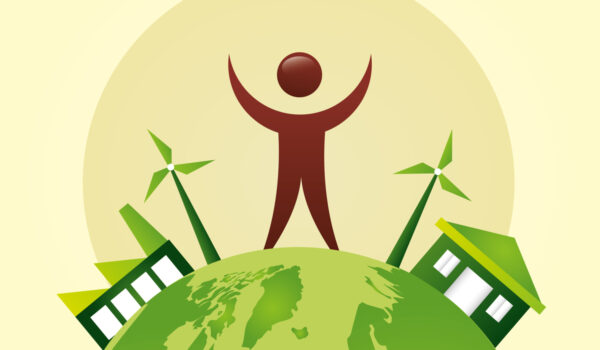
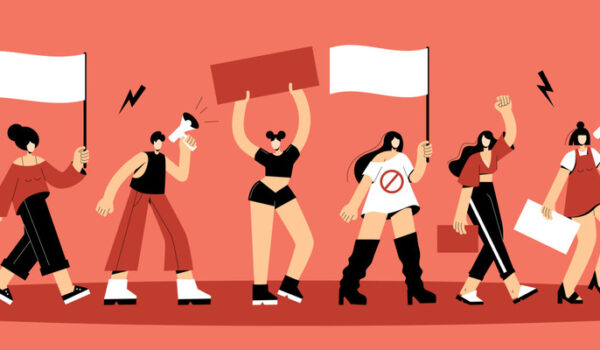
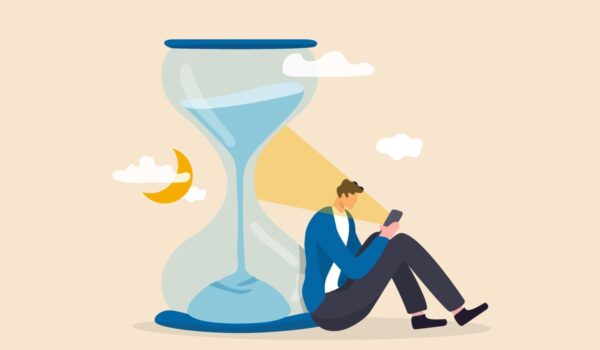

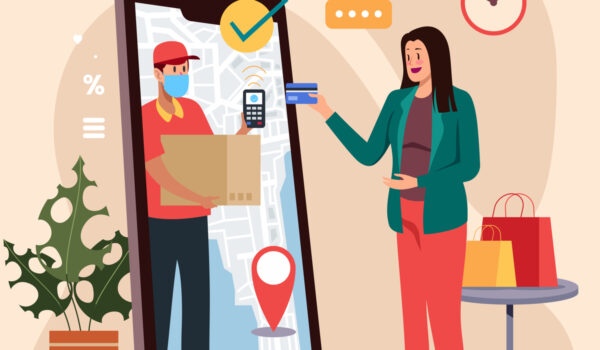

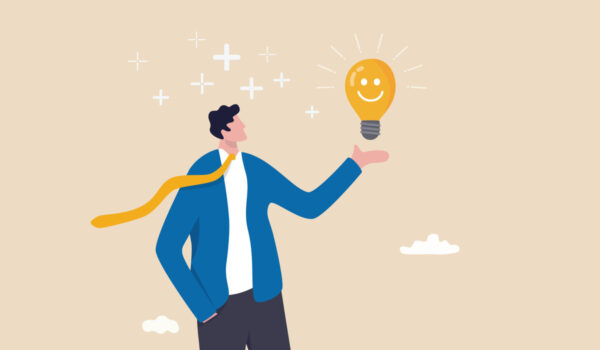
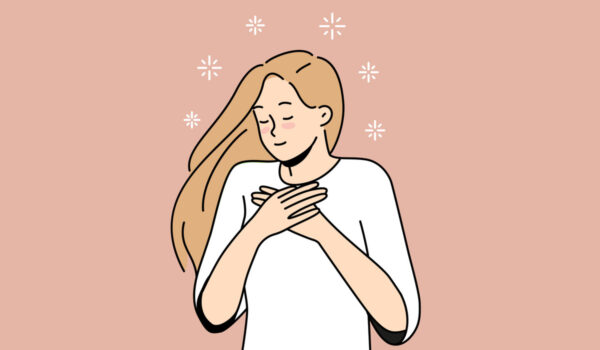
Comments